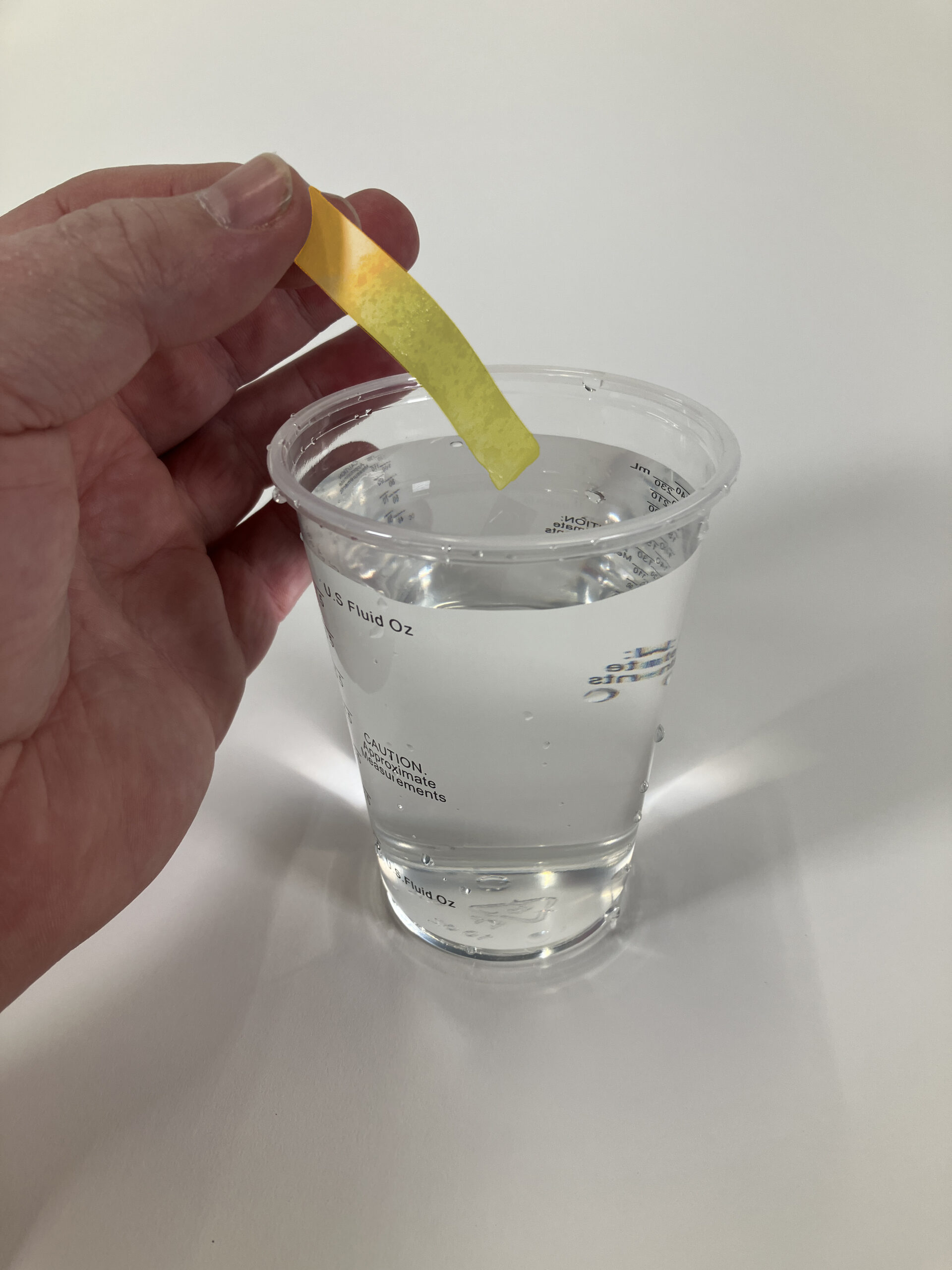6.1 Water Quality and Treatment

6.1 Water Quality and Treatment
Understanding Water Quality Impact
Water quality plays a crucial role in both plant health and irrigation system performance. Beyond simply providing moisture, irrigation water can introduce various elements into your growing system – from beneficial minerals to potentially harmful contaminants. Understanding and managing water quality helps prevent system problems while optimizing plant growth. Poor water quality can lead to clogged emitters, nutrient lockout, and various plant health issues that can significantly impact garden productivity.
Sediment Management
Sediment represents one of the most common challenges in irrigation system maintenance. Even seemingly clear water can contain fine particles that accumulate over time, eventually clogging emitters and reducing system efficiency. Municipal water systems can carry rust or mineral particles, while well water often contains sand or organic matter.
pH Considerations
Water pH significantly influences nutrient availability and plant health. Most plants prefer slightly acidic to neutral pH levels, typically between 6.0 and 7.0. However, water sources can vary dramatically – well water often tends toward alkalinity, while rain water is typically slightly acidic. Regular pH monitoring helps identify potential issues before they affect plant health. When necessary, pH adjusters can be incorporated into the irrigation system through injection points or added directly to grow bags during manual watering sessions.
Mineral Content Management
Dissolved minerals in irrigation water can both help and hinder plant growth. While some minerals contribute to plant nutrition, excessive concentrations can lead to salt buildup in grow bags or create mineral deposits that clog emitters. Hard water, high in calcium and magnesium, often leaves white mineral deposits that can gradually restrict water flow. Regular system flushing and periodic cleaning of emitters helps prevent mineral accumulation, while water softening systems might be necessary in areas with particularly hard water.
Seasonal Water Quality Changes
Water quality often varies seasonally, particularly in systems using multiple water sources. Spring runoff can increase sediment levels in well water, while summer drought conditions might concentrate minerals in available water sources. Municipal water quality can also vary seasonally as treatment facilities adjust their processes. Regular monitoring helps identify these changes before they create problems, allowing for proactive adjustment of filtration and treatment methods.

